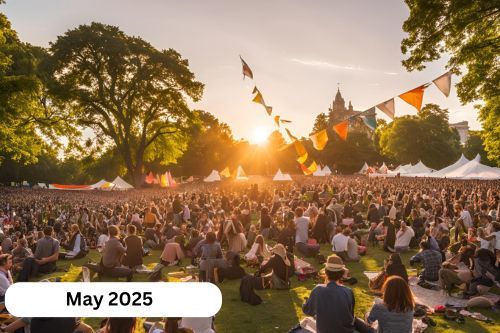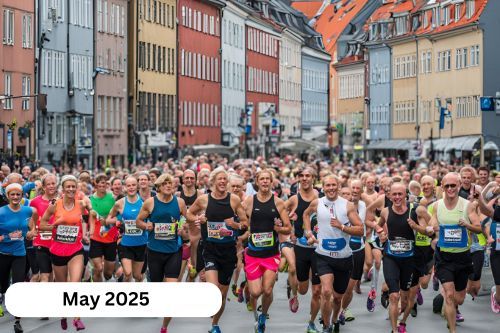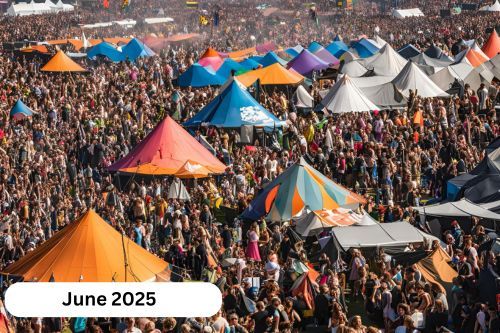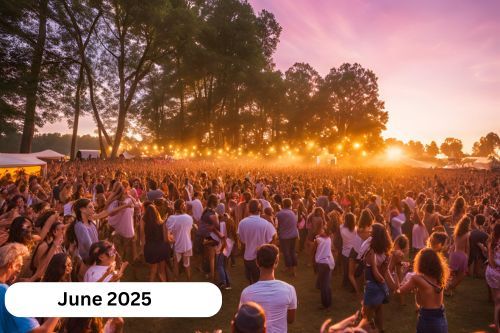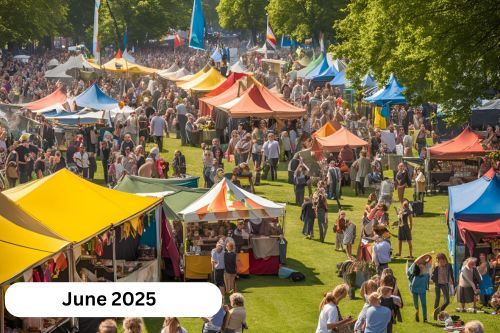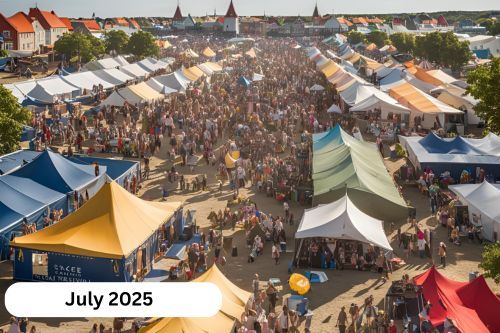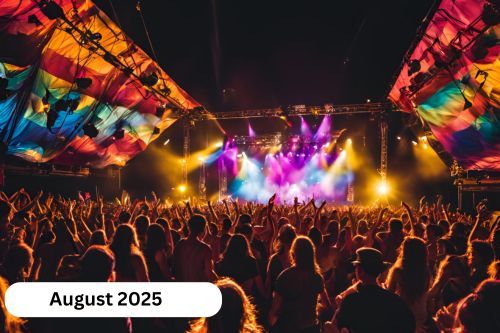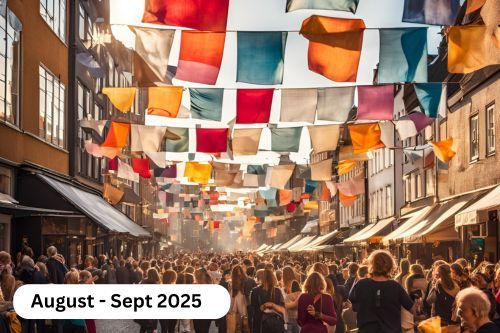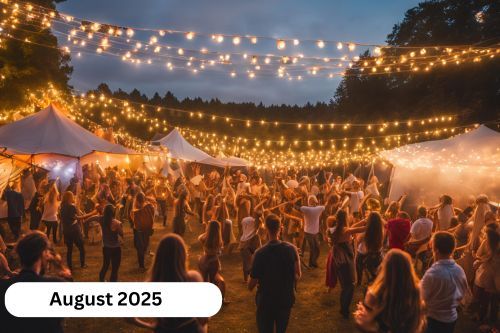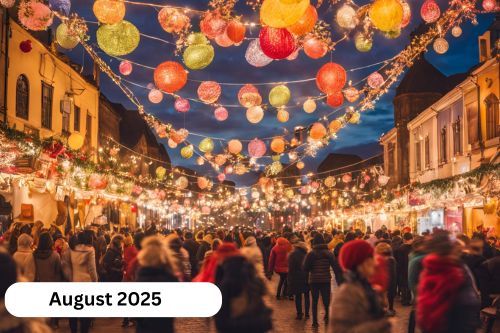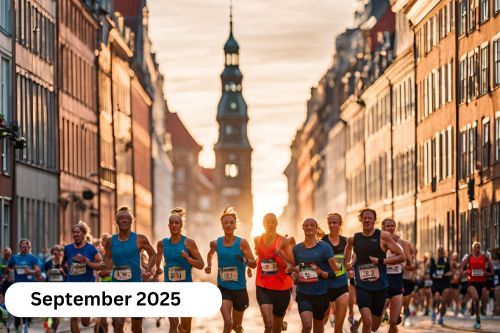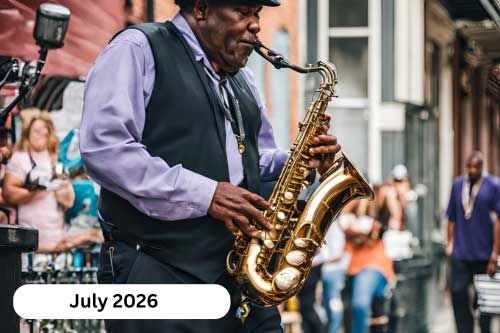Events in Denmark to plan for
Events calendar Denmark: If you need more information about events that take place in our fabulous country, we are happy to assist. There is a lot going on, here just a few exciting offerings. If you need more assistance, please contact us at

Events in 2025
Events in 2027
Events in Denmark
Denmark’s cultural fabric is studded with a number of traditions and events worth attending. Festivals are one of the few memorable activities that will be undertaken. Visitations include many other celebrations devoted to Danish history, some royal customs and national holidays. Other illustrated activities include performances of classical music, plays as well as local handicrafts.
Denmark is also a country where everybody goes outdoors, goes jogging, takes part in marathons, cycles, and enjoys street festivals. One of the most famous holidays is Midsummer’s Eve or Sankt Hans on the eve of which huge bonfires are lit and songs are sung.
We strive to highlight all the main events, but if there's an event you think should be featured, please let us know at:
We add events on a continuous basis. So if you want to stay informed of the latest information, please bookmark this page.
Additional Events in Denmark
Aarhus Festival
In the course of the last ten years, it has become one of the most significant cultural events in the country held in Aarhus, a festival which is known as the Aarhus Festival and begins in late August - Aarhus Festival is an event deep-rooted in the culture of the city. The various celebrations and activities make the city very active ‘in normal days; If it were a bear mear months half blind it brings back to Oct in the space of 10 days. The external aspects of it are performed also with great pomp on regard of legal events aimed at preservation of Danish essence yet in modern ways.’
Saint Lucia Day
Saint Lucia Day celebrated on December thirteen has a great significance in the history of Denmark culture. This winter festival is what we celebrate in memory of the returning light in the darkest days of the year. Wearing white robes and holding candles, children take part in the procession to sing carols which are then used to warm the very cold winter nights.



